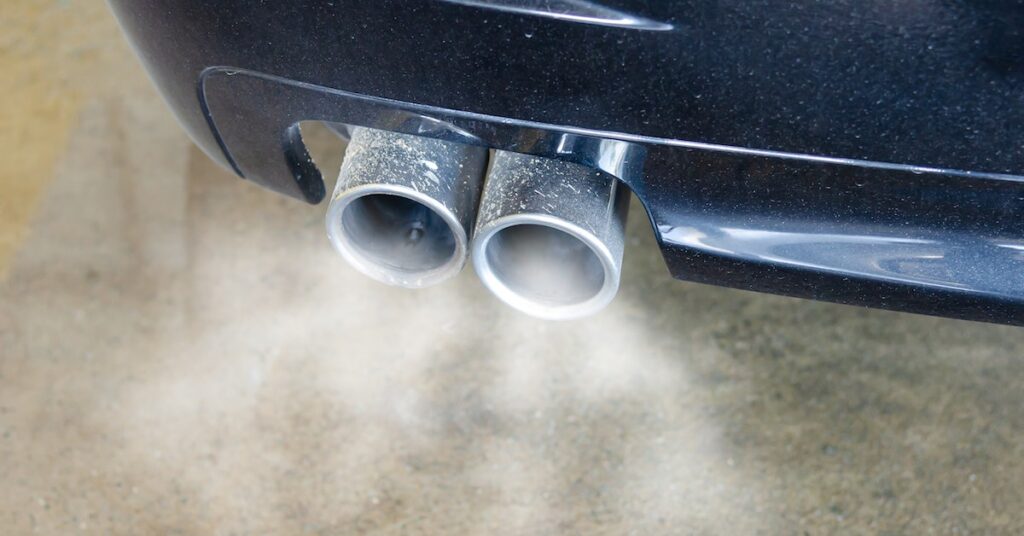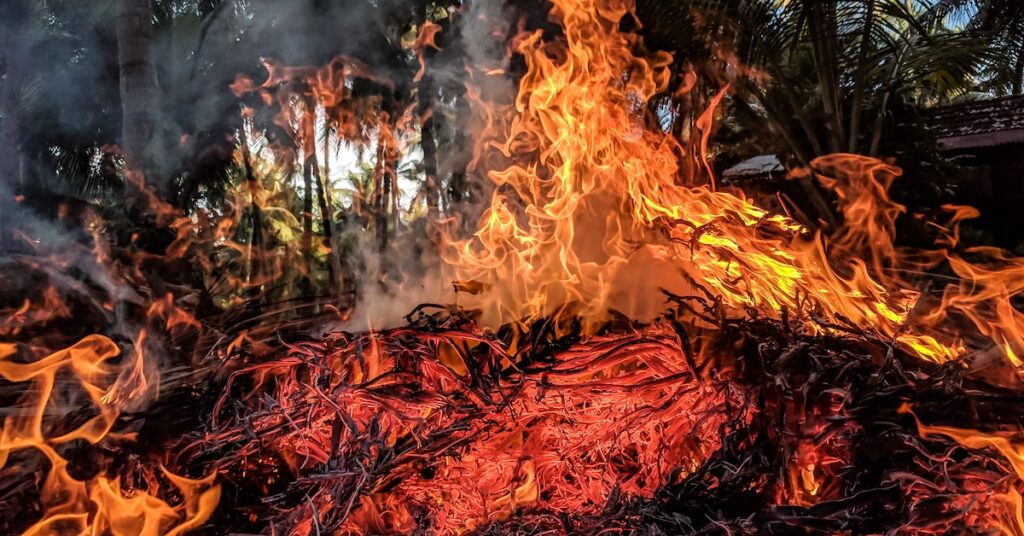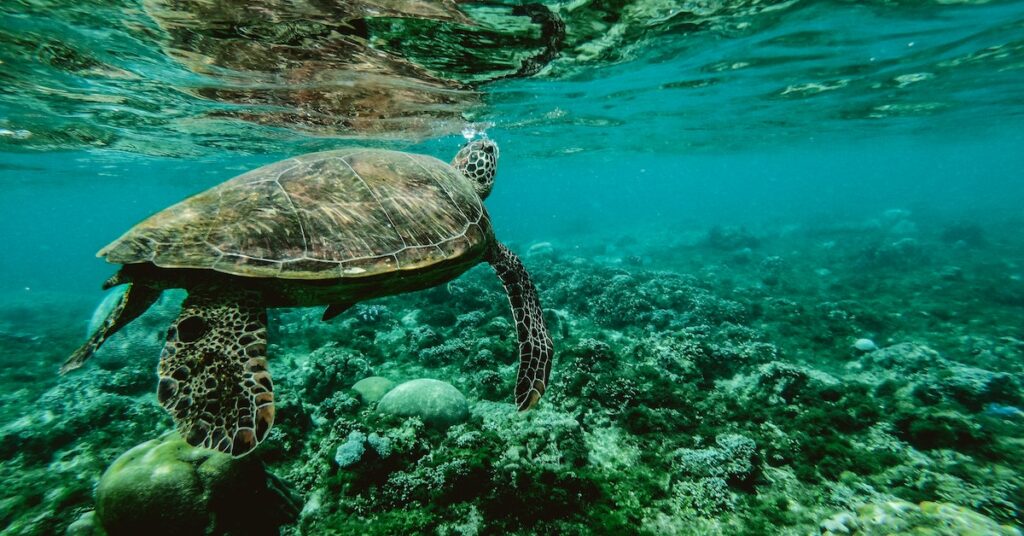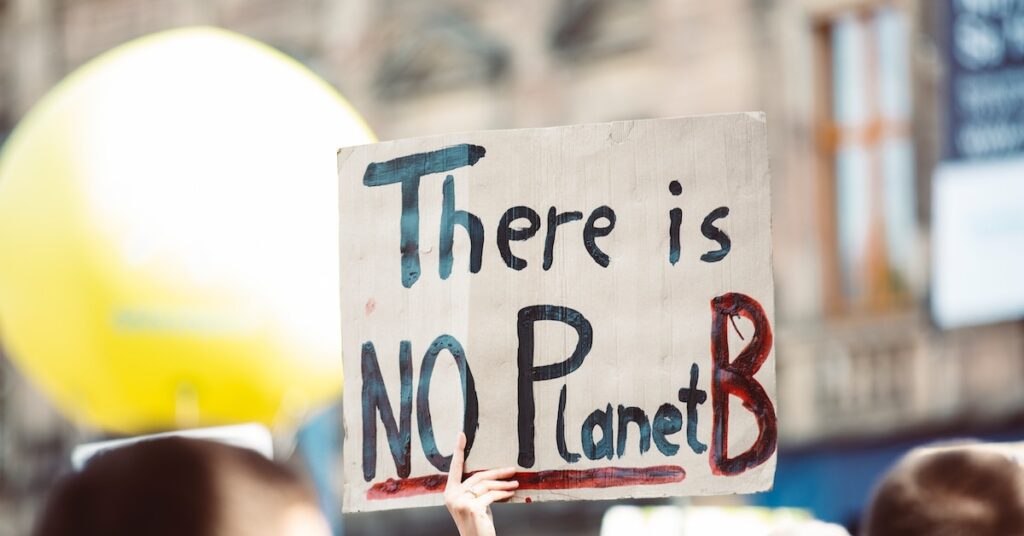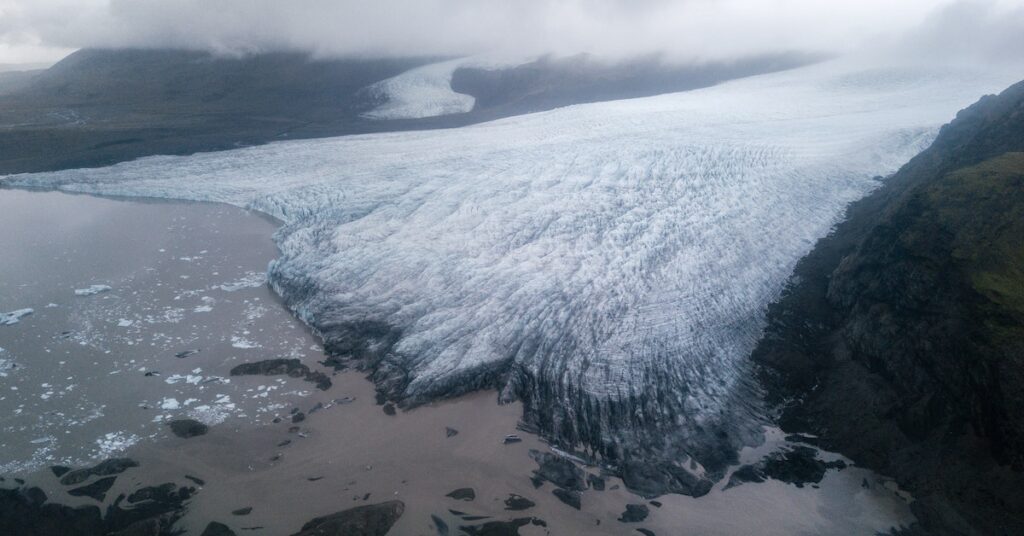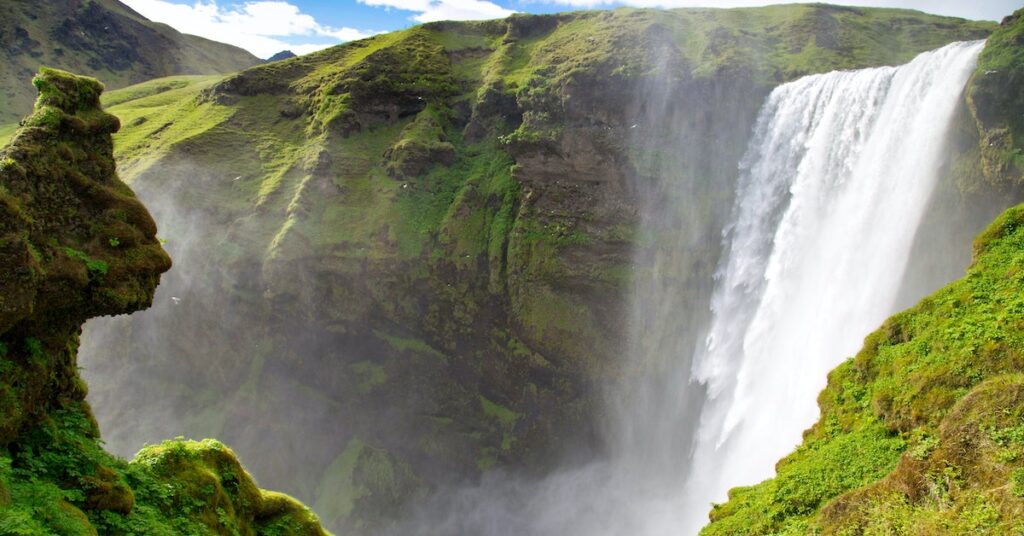Carpooling is a great way to reduce your commuting costs by up to 75 percent and reduce traffic by about a third. By carpooling, you also cut down on carbon dioxide emissions and reduce your stress levels. The benefits are clear: you’ll save money on gas, reduce your carbon footprint, and help the environment by […]
Author Archives: Green Climate Seeker
The federal government requires diesel emissions to meet certain air quality standards, known as NAAQS, set in the 1970 Clean Air Act. If your area is not an “attainment area,” the concentration of pollutants in the air must be below these limits. In order to meet these standards, you’ll need to create a state implementation […]
The main reason for scientists to disagree on the effects of global warming is fundamental scientific uncertainty. The United Nations’ Intergovernmental Panel on Climate Change (IPCC) has failed to provide objective guidance on this complex science. Moreover, the conflict between scientists results from various factors, including bias within scientific communities and the failure to address […]
How does climate change affect the earth’s oceans? The oceans act like massive conveyor belts, pushing surface water from the equator to the poles. Surface water cools, sinks, and becomes denser. Winds push this denser water back to the surface, making it warmer and less dense. As ocean currents change, they become prone to climate […]
Earth’s climate system responds to small changes in the orbit of the sun and its rotation. Small variations in the Earth’s rotation and latitudinal solar energy distribution initiated ice-age cycles, which triggered changes in CO2 concentrations. During warm periods, the ice sheets melted and reflected less sunlight to space, releasing major greenhouse gases into the […]
What is the impact of climate change on arctic habitat loss? Many things are changing rapidly, including sea level rise, warming seas, and a change in the phenology of plants. These changes are causing new combinations of species to appear in the region. Here are some of the most immediate threats to arctic ecosystems. Read […]
Chlorofluorocarbons (CFCs) are a class of chemicals that pollute the atmosphere. Known as “fumes”, they are emitted as a by-product of the combustion of fossil fuels. Researchers have been tracking CFC emissions for more than 40 years, using global monitoring networks. In the past, CFCs have been identified as one of the major culprits in […]
One of the most common misconceptions about net zero vs carbon neutrality is that they are the same thing. In reality, they are not. This article will explore the differences between the two terms and the goals, standards, and steps to reach them. Here are some tips for achieving net zero. We hope you find […]
While biofuel is a renewable and efficient energy source, it is far from perfect. Its advantages include a reduced carbon footprint, increased economic impact, and low toxicity. But how can it compare to conventional fuel? Let’s examine some of the most prominent ones. And if you’re not convinced yet, read on. Here are some more […]
In addition to fuels, biofuels are renewable resources and the production of these renewable energy sources is a way to reduce greenhouse gas emissions. Many benefits of biofuels are not well known, but they can help the environment in several ways. For example, biofuels are used in vehicles to produce electricity. In addition to being […]



